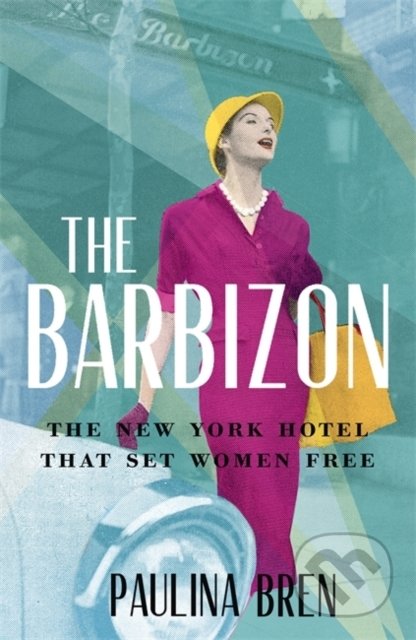
The Greengrocer and His TV : The Culture of Communism after the 1968 Prague Spring
Knihu koupíte v
2 e-shopech
od
1 246 Kč
Pokud se vám po kliknutí na tlačítko "Do obchodu" nezobrazí stránka knihy ve vybraném e-shopu, je třeba vypnout AdBlock ve vašem prohlížeči pro naši stránku.
Návod na vypnutí je například na adrese https://o.seznam.cz/jak-vypnout-adblock/#1.
Krátký popis
Czechoslovakia brought an end to the Prague Spring and its promise
of "socialism with a human face." Before the invasion, Czech
reformers had made unexpected use of television to advance
political and social change. In its aftermath, Communist Party
leaders employed the medium to achieve "normalization," pitching
television stars against political dissidents in a televised
spectacle that defined the times.The Greengrocer and His TV offers
a new cultural history of communism from the Prague Spring to the
Velvet Revolution that reveals how state-endorsed ideologies were
played out on television, particularly through soap opera-like
serials. In focusing on the small screen, Paulina Bren looks to the
"normal" of normalization, to the everyday experience of late
communism. The figure central to this book is the greengrocer who,
in a seminal essay by Vaclav Havel, symbolized the ordinary citizen
who acquiesced to the communist regime out of fear.Bren challenges
simplistic dichotomies of fearful acquiescence and courageous
dissent to dramatically reconfigure what we know, or think we know,
about everyday life under communism in the 1970s and 1980s. Deftly
moving between the small screen, the street, and the Central
Committee (and imaginatively drawing on a wide range of sources
that include television shows, TV viewers' letters, newspapers,
radio programs, the underground press, and the Communist Party
archives), Bren shows how Havel's greengrocer actually experienced
"normalization" and the ways in which popular television serials
framed this experience.Now back by popular demand, socialist-era
serials, such as The Woman Behind the Counter and The Thirty
Adventures of Major Zeman, provide, Bren contends, a way of
seeing-literally and figuratively-Czechoslovakia's normalization
and Eastern Europe's real socialism.
Vývoj ceny
Aktuální Ø cena knihy The Greengrocer and His TV : The Culture of Communism after the 1968 Prague Spring je 1 115 Kč
Výběr knih autora
Paulina Bren
Zobrazit všechny knihy autora
Paulina Bren
Výběr knih vydavatele
Folio
Zobrazit všechny knihy vydavatele
Folio
Naše tipy
- Právě probíhající akce a slevy na knihy
-
Knihydobrovsky.cz | do 12.12.2025
-
Knihydobrovsky.cz | do 17.12.2025
-
Knihydobrovsky.cz | do 24.12.2025
-
Knihydobrovsky.cz | do 24.12.2025
-
Bookshop.cz | do 31.12.2025
- zobrazit všechny akce










